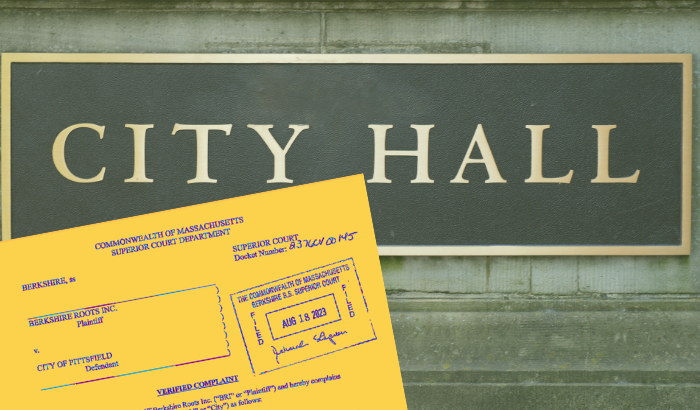
According to Berkshire Roots, Pittsfield “failed to meet its obligations,” pursuant to the HCA terms, because the city “failed to document the costs … incurred …“
The uncertainty surrounding the legality and enforceability of Massachusetts’ “Community Impact Fees,” most recently addressed by An Act Relative to Equity in the Cannabis Industry (“the Act”), which took effect in November of 2022, has led to much consternation in the industry and, in several cases, lawsuits by operators against their host communities. One of the latest of these lawsuits was filed by Pittsfield-based Berkshire Roots. On August 18, 2023, the company filed suit in the Berkshire Superior Court to recoup $440,000 in Community Impact Fees it paid to Pittsfield over several years pursuant to its host community agreement (“HCA”). A copy of Berkshire Roots’ Complaint can be accessed here.
Although the Act and draft amendments to the Cannabis Control Commission (“CCC”) regulations governing Community Impact Fees provide additional clarity on the prospective obligations of operators and their host communities—including the requirements that such fees be “reasonably related” to the costs incurred by a municipality as a result of operation of a marijuana establishment and that municipalities must annually furnish documentary proof of such costs to operators—neither the Act nor the draft amendments expressly address whether operators may recoup past Community Impact Fee payments that were not in accordance with the new law. That ambiguity has led operators to seek recompense from the courts.
[Read all of TJM’s extensive coverage of Host Community Agreements and regulatory rewrites here]
According to Berkshire Roots, in the past several years, Pittsfield has not identified any “impacts” the company has had on the community. In its Complaint, Berkshire Roots stated that it annually asked Pittsfield to provide “documentation supporting [Pittsfield’s] community impact fees,” which Berkshire Roots noted is “required by law.” According to Berkshire Roots, Pittsfield “failed to meet its obligations,” pursuant to the HCA terms, because the city “failed to document the costs … incurred as a result of [Berkshire Roots’] operations” and failed to “demonstrate that any such costs are ‘reasonably related’ to [Berkshire Roots’ operations].” The company is seeking damages of $440,000, plus attorneys’ fees, for breach of contract and the covenant of good faith and fair dealing.
It is worth underscoring the Act added a new provision to G.L. c. 94G—§ 3(d)(2)(iii)—which expressly authorizes licensees to sue host communities for breach of contract if a licensee believes the preceding year’s municipal cost documentation—which a municipality is now required to provide to an operator at license renewal—is not “reasonably related” to the actual costs imposed on the municipality. Pursuant to the Act, licensees can sue to “recover damages, attorneys’ fees and other costs encompassed in the community impact fee that are not reasonably related to the actual costs imposed upon the city or town.” However, Berkshire Roots’ Complaint does not cite this new statutory provision as the legal basis for the lawsuit. Rather, the Complaint references the pre-Act statutory regime and a 2020 Guidance Document issued by the CCC on HCAs.
Notably, Berkshire Roots is not the only operator suing Pittsfield over Community Impact Fees. On April 11, 2022, cannabis dispensary Bloom Brothers sued Pittsfield (Bloom Brothers Complaint can be accessed here) to recoup the $110,000 that it paid in impact fees to the city. Similar to the Berkshire Roots lawsuit, Bloom Brothers alleges that Pittsfield ignored the company’s request for cost documentation. Unlike Berkshire Roots’ August 2023 lawsuit, Bloom Brothers’ legal action, which is ongoing, predates the Act’s November 2022 effective date. As such, Bloom Brothers relies on the pre-Act statutory regime and the CCC’s 2020 Guidance Document on HCAs in its Complaint.
This column was reprinted with permission from Foley Hoag’s Cannabis & The Law blog.
























